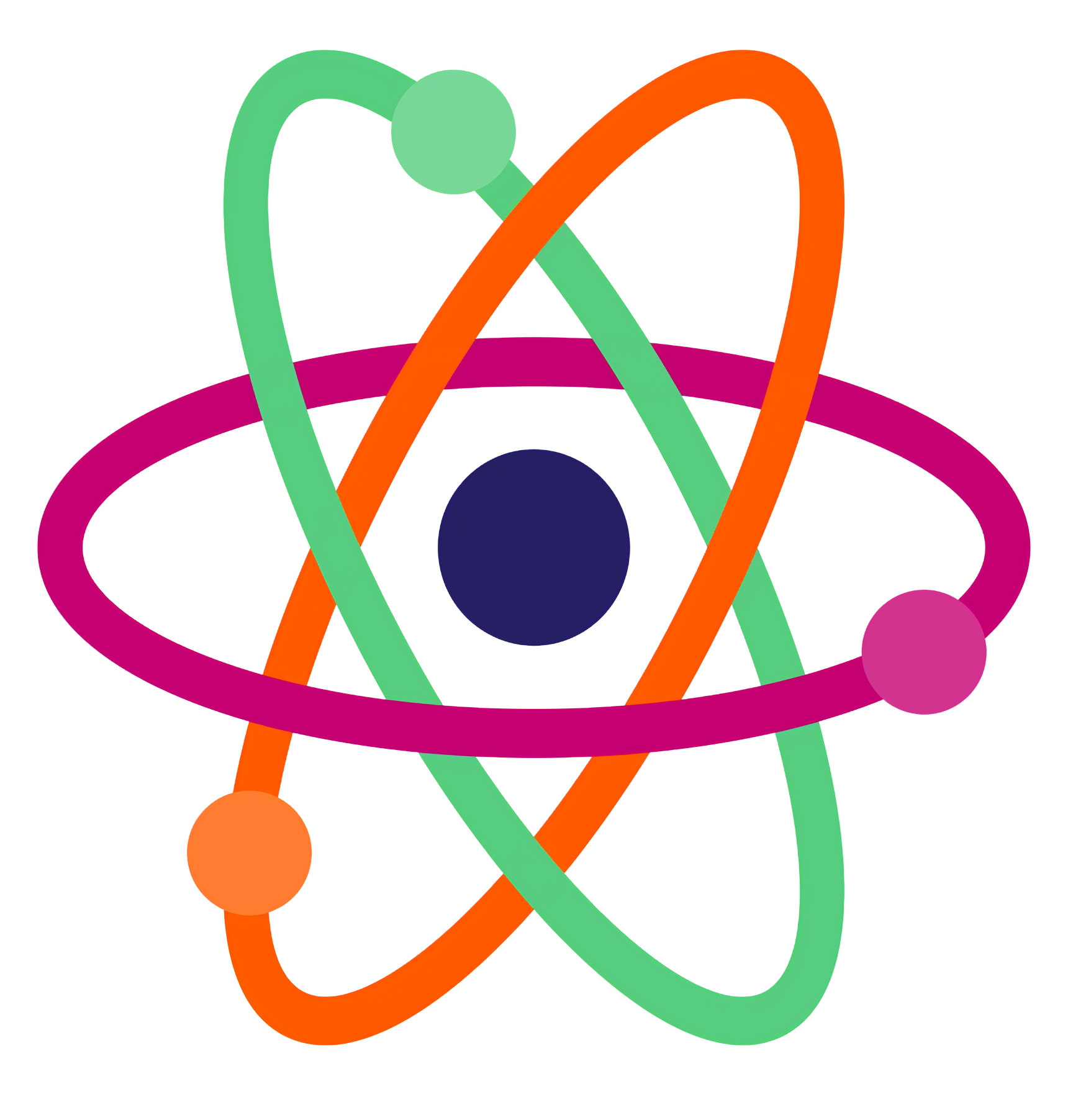Here are the learning goals for Grade 1 according to the CBSE curriculum in India, organized by subject:
These learning goals are designed to provide a broad foundation across core subjects in Grade 1 under the CBSE curriculum, focusing on basic literacy, numeracy, environmental awareness, creative expression, and physical development.
